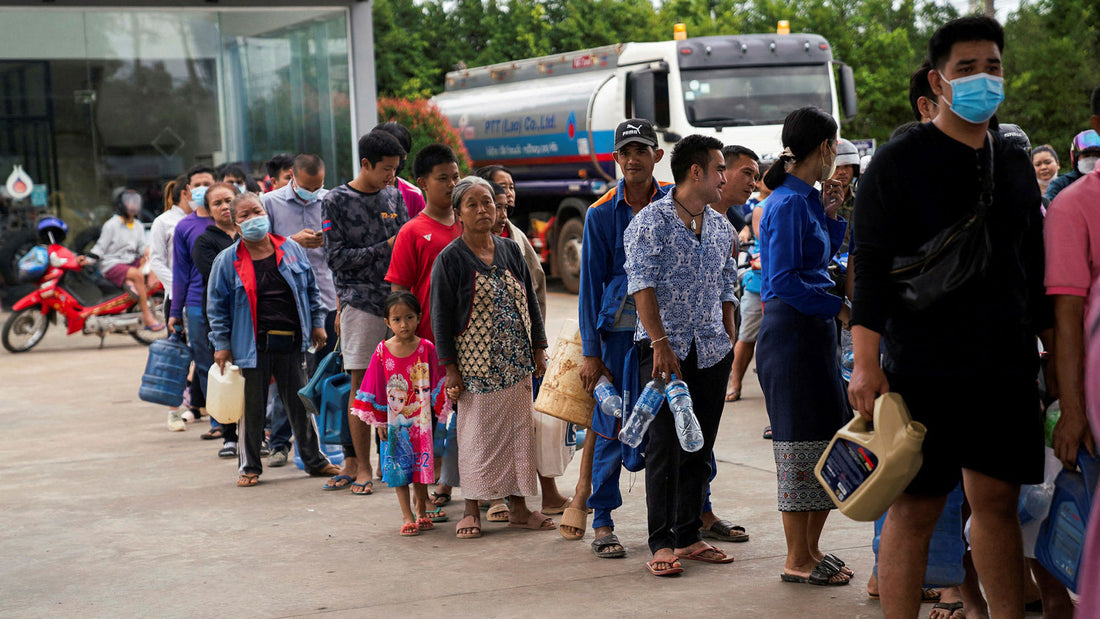In 2022, Laos experienced exacerbated social and economic pressures. The main news of the year was the country's terrible external debt. At 2.5%, the annual economic growth rate was the second lowest since 1988 and below initial forecasts. The increase in public and state-guaranteed debt is expected to exceed 100% of GDP by the end of the year. This is accompanied by a sharp depreciation of the national currency, the kip, and an increase in inflation, from less than 2% in 2021 to 37% in October 2022.
At a macroeconomic level, Laos needs to find a solution to its rising debt.
China's decisions will be crucial, as it holds half of Laos' debt. Yet there are voices of quiet confidence within parts of the Laotian government that China will provide a means to avoid default. China-Laos relations continued to strengthen in 2022, with Lao President Thongloun Sisoulith visiting Beijing in December to sign a series of new bilateral agreements and reaffirm the "shared future" of the two countries.
Passenger travel has also begun along the China-Laos High-Speed Railway. While prolonged COVID-19 lockdowns have limited cross-border transit in China, the railway is hugely popular for domestic travel in Laos, with tickets selling out days in advance despite being difficult to access. Domestic travel won't make the project financially viable - connectivity to China and Thailand is needed for that to happen - but the railway has offered some excitement in an otherwise troubled year.
Laos will seek to balance its growing engagement with China alongside commitments to other key bilateral partners. At the center of this balance is Vietnam, with 2022 marking the 60th anniversary of diplomatic ties between Laos and Vietnam and the 45th year of the Treaty of Friendship and Cooperation between Vietnam and Laos. Dubbed the Year of Solidarity and Friendship between Vietnam and Laos, 2022 saw a $132 million commitment from the World Bank to finance the upgrade of Lao National Road 2, which serves as the main economic corridor east- west connecting Thailand, Laos and Vietnam.
The effects of macroeconomic challenges have reduced to the point of negatively impacting the daily lives of citizens due to the increase in the cost of living, fuel shortages and limited household spending on healthcare and education. Crime rates have also increased, although the main cause for this appears to be a growth in methamphetamine circulation. This is linked to transnational organized crime networks that are intimately linked to the Golden Triangle Special Economic Zone.
Authors: Kearrin Sims, James Cook University




